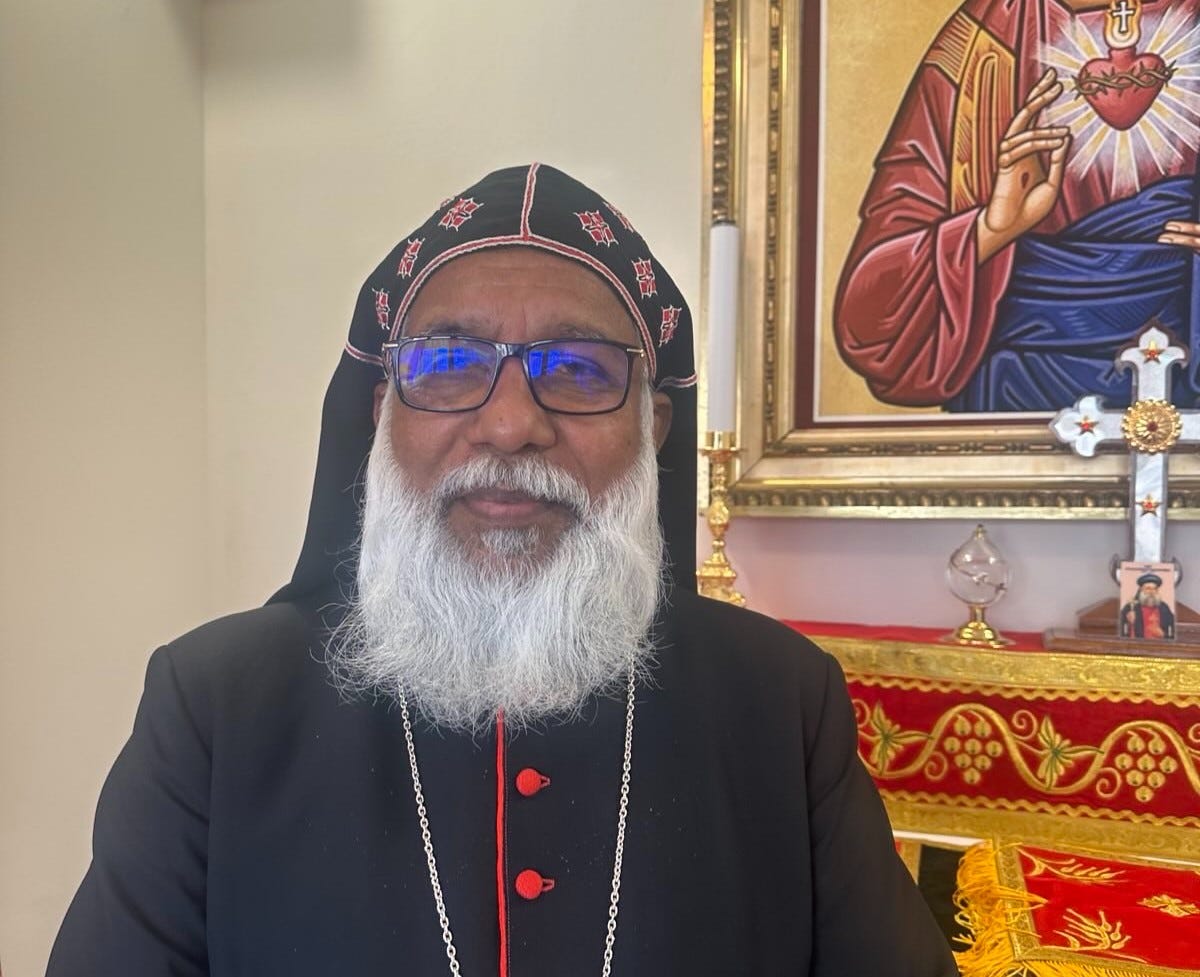‘The Church is not a substitute of the UN’: Cardinal Baselios Cleemis
The head of the Syro-Malankara Church discusses the nature of the global Church, the conclave, and why Christianity is always a 'minority community'
Among the 133 cardinal electors who will gather in the Sistine chapel on May 7 will be five from among the leaders of the 23 Eastern Churches sui iuris who, together with the Latin Church, form the global Catholic Church in communion with the pope.

